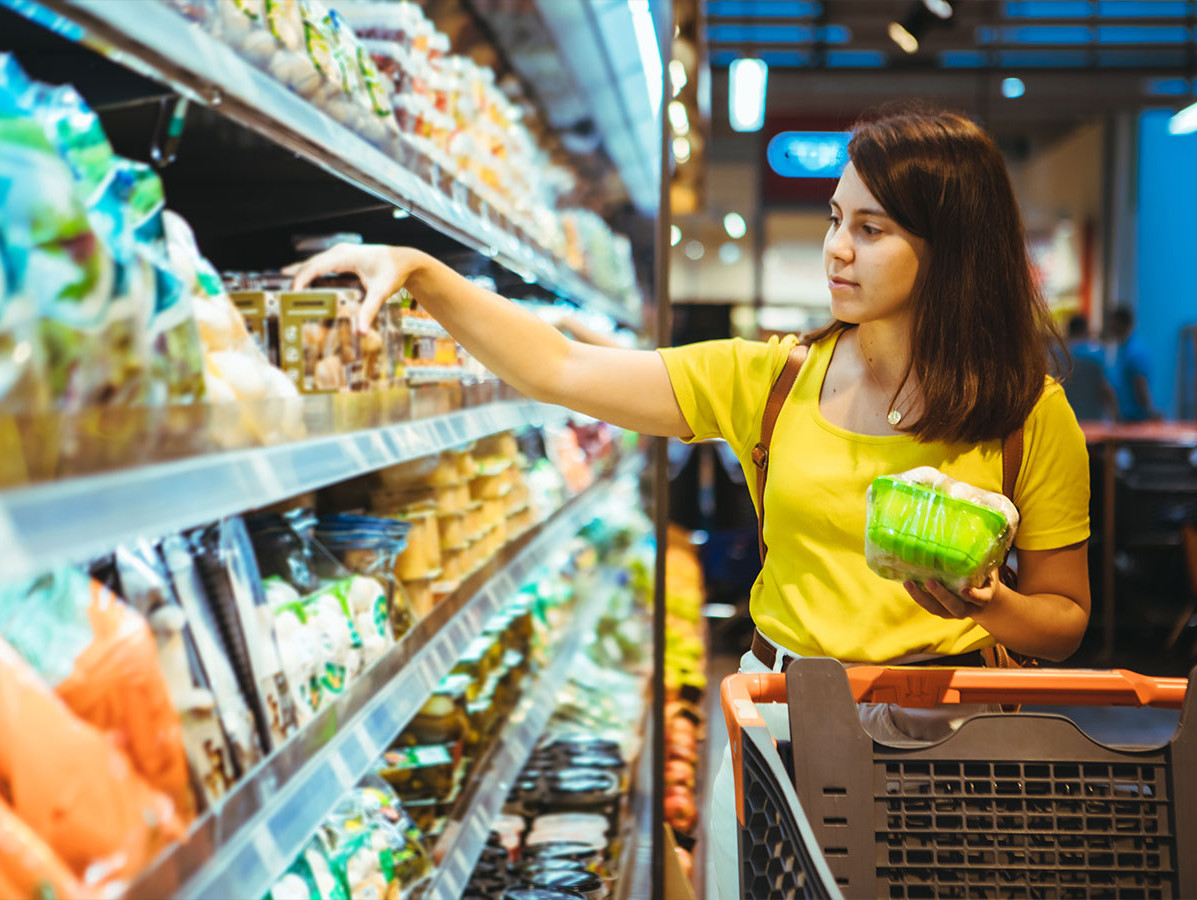
A study by the Netherlands Environmental Assessment Agency (PBL) shows that the Dutch are willing to consume circularly if it is not more expensive or inconvenient.
The survey shows that most consumers are open to more sustainable products, furniture and clothing made from more sustainable materials, organic food and products with a longer lifespan. For most consumers, consumption restrictions such as less dairy and meat are a bridge too far, even if it is no more expensive or inconvenient than the mainstream alternative.
It is obvious to focus incentive policy on behaviour that many consumers are willing to do but have yet to put into practice: behaviour with a large change potential. Here, consumers easily switch to circular consumption if barriers (such as price, convenience, availability) are removed. There is a sweet spot for policymakers, where in addition to consumer willingness, the potential environmental gains are large. Buying fewer new clothes, living smaller and going on holiday close by appear to fall in this sweet spot: large environmental gain and large change potential.
Another starting point for incentive policy is behaviour with a large environmental gain, but lower willingness (e.g. changing eating habits). For policymakers, focusing on this requires a longer breath, with support for new business models and changing social norms, for instance. Finally, there are gains to be made in intensifying common behaviours that are embraced by many but not yet by all, such as energy saving in the home.
Source: Planbureau voor de Leefomgeving